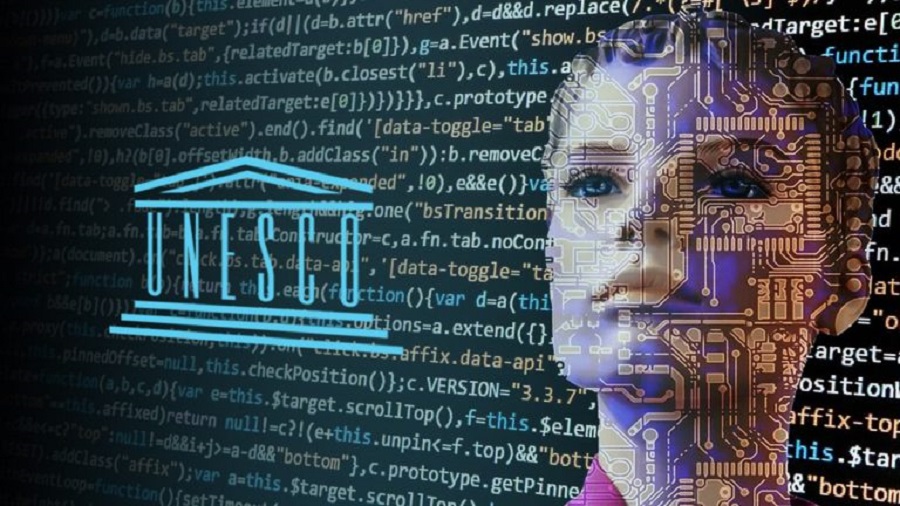UNESCO approves the first ethical framework on artificial intelligence
The member states have approved the ethical framework for artificial intelligence, establishing the values, principles that will govern and support the development of the technology
The 193 member states of UNESCO approved a first ethical framework on artificial intelligence, in which they establish that people have the right to access, modify and even delete their personal information. Furthermore, it clearly prohibits the use of “artificial intelligence systems for social rating and mass surveillance.”
The text establishes the values and principles common to all states that will allow the design of the legal foundations for the development of artificial intelligence.
This technology is facilitating the daily life of all people on a global level, generating very important results in specialized areas such as the detection of different types of cancer, the construction of inclusive spaces for people with disabilities, as well as allowing to combat the different problems of climate change, hunger in the world and poverty reduction.
But there may be some negative aspects. This technology has also brought some problems such as the increase in prejudices related to gender, ethnicity, coercion against privacy and dangers of mass surveillance, which had not had any regulation or universal standard that allowed to respond to these problems.

Principles of the ethical framework
The objective of the ethical framework is to visualize the advantages of artificial intelligence for society, reducing the risks that it entails, in addition to guaranteeing that “digital transformations promote human rights and contribute to the achievement of sustainable development goals”, addressing issues related to transparency, accountability, privacy.
Likewise, the agreement establishes actions on the “governance of data, education, culture, work, health care and the economy“, making recommendations on data protection, the prohibition of social bookmarks and mass surveillance.
On the other hand, the recommendation lays the foundations for the evaluation methodology that the Member States may use to measure their readiness in the development of the legal and technical infrastructure on the development of artificial intelligence.
Gabriela Ramos, deputy director general of Social and Human Sciences at UNESCO, believes that “decisions that affect millions of people must be fair, transparent and contestable. These new technologies should help us face the main challenges of our current world, such as the increase in inequalities and the environmental crisis, and not go into them in depth.”
M. Rodríguez
Source: news.un.org


